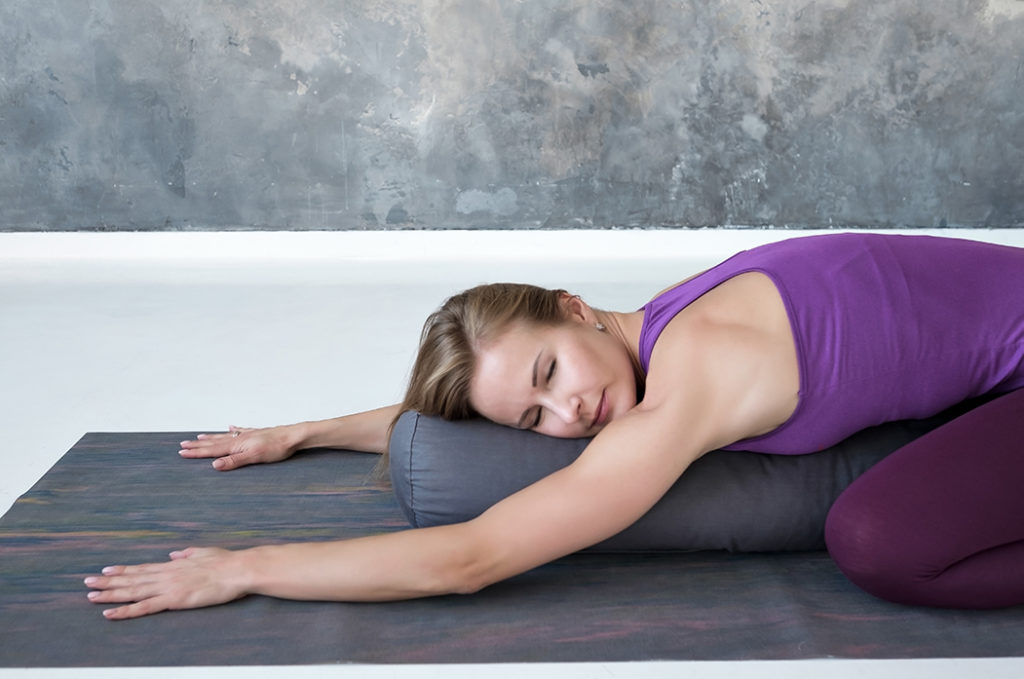For the Waterford individual seeking help with stress management, progressive muscle relaxation may be the right solution. When faced with anxiety or stress, the muscles in your body become tense. This sometimes leads to pain. Progressive muscle relaxation, a proven technique often used in psychotherapy, helps to relieve the muscle tension associated with stress and may even help you sleep.
During progressive muscle relaxation, you tense and relax one group of muscles at a time. Lie down comfortably on your back, and begin with your hands. Clench your hands as you breathe in, tensing your muscles for 4 to 10 seconds, then relax them completely as you breathe out. Relax for 10 to 20 seconds before moving on to the next group of muscles. Continue working the muscle groups in the following order:
- Wrists and forearms: extend them and bend your hands back
- Upper arms: make a fist, bend your arms, and flex your biceps
- Shoulders: shrug them
- Forehead: frown deeply
- Eyes and nose: squeeze your eyes shut as tightly as possible
- Cheeks and jaws: smile widely
- Mouth: press lips together
- Back of neck: press your head against the floor
- Front of neck: bring your chin to your chest
- Chest: take a deep breath and hold it for up to 10 seconds
- Back: arch your back
- Stomach: tighten you stomach muscles, sucking them in
- Hips and buttocks: squeeze your buttocks together
- Thighs: clench your thighs
- Lower legs: point your toes up toward your face, then away and down
At first, you may want to use an audio recording until you learn the order of the muscle groups. Your local library or bookstore may have a progressive muscle relaxation recording, or speak with a local specialist for programs that you can take part in.







